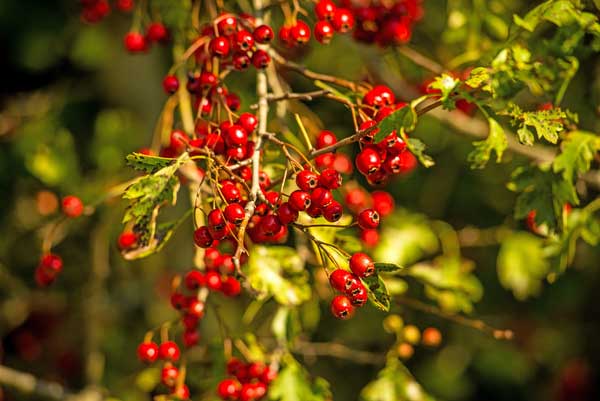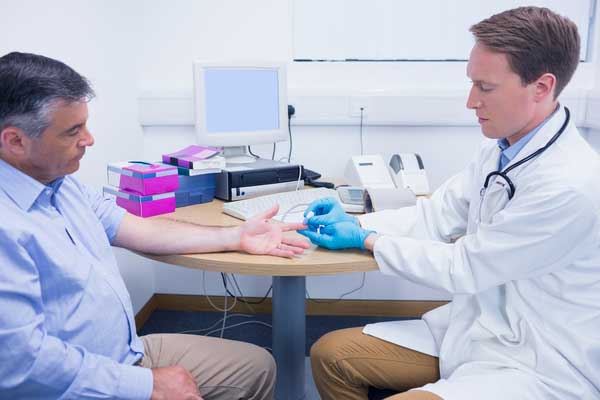Are you looking for natural ways to lower your blood pressure without relying on prescription medication? In this article, we will introduce you to five little-known supplements that have been scientifically proven to lower blood pressure naturally. From magnesium to grape seed extract, we’ll explain how these supplements work and where you can find them.

Magnesium for Blood Pressure
Magnesium plays a crucial role in over 300 biochemical reactions in the body. It is essential for healthy blood vessels and can help them relax, which naturally helps to normalize blood pressure and improve circulation. Unfortunately, over 80% of the population is deficient in magnesium. According to Harvard Health, taking 300 milligrams of magnesium supplements daily for one month could result in lower blood pressure. Additionally, magnesium can also help you sleep better and reduce muscle cramping.
Hawthorne Berry for Hypertension
Hawthorne berry has been used since the first century to treat heart and circulatory system conditions. Early research suggests that hawthorne extract can help the heart pump more blood while opening blood vessel walls, especially those further away from the heart. Hawthorne extract was found to be effective for hypertension in people with type 2 diabetes who were also taking prescribed medicine. It has also been found to help lessen the severity of symptoms caused by heart failure.
Natokinase for Circulation
Natto kinase is an enzyme extracted from a popular Japanese food called natto. According to numerous doctors and research, natokinase can indirectly help lower blood pressure by making your blood less sticky. As we age, levels of plasmin, the enzyme that breaks down the blood clotting agent fibrin, decline, resulting in thicker blood and higher-than-normal blood pressure. However, taking natto kinase can help your blood circulation move more freely, resulting in lower blood pressure. One study found natokinase could help lower systolic numbers by up to 10 points and diastolic numbers by up to 5.5 points.
GABA for Relaxation
GABA, short for GABA aminobutyric acid, is a neurotransmitter produced in the brain that helps calm down activity in your central nervous system. By helping you relax, GABA can lower your blood pressure. In one study, participants with above-average blood pressure were given GABA-rich chlorella versus the placebo. After 12 weeks, those who received the GABA-rich chlorella were more relaxed and had a significant drop in both their systolic and diastolic numbers.
Grape Seed Extract for Blood Pressure
In a landmark study from the University of California at Davis, grape seed extract was found to lower participants’ systolic numbers by at least 12 points. Grape seed extract is a simple ingredient that can have a huge impact on your blood pressure. It works by relaxing blood vessels and improving circulation.

Conclusion
High blood pressure is a serious health condition that can increase your risk of heart disease, stroke, and other health problems. While medication is often necessary to manage high blood pressure, natural supplements can also be effective in lowering blood pressure. Magnesium, hawthorne berry, natokinase, GABA, and grape seed extract are five natural supplements that have been scientifically proven to lower blood pressure. They can be purchased separately at most major health food stores and are not that expensive. If you suffer from high blood pressure, it is important to consult with your healthcare provider before starting any new supplement regimen, especially if you are already taking medication for your condition.
In addition to taking supplements, there are other lifestyle changes you can make to lower your blood pressure. These include exercising regularly, maintaining a healthy weight, reducing your salt intake, quitting smoking, and limiting alcohol consumption. Incorporating these changes into your daily routine can help lower your blood pressure and improve your overall health.
It is important to monitor your blood pressure regularly, especially if you have a family history of high blood pressure or other risk factors for the condition. Your healthcare provider can help you determine the best course of action for managing your blood pressure, which may include medication, supplements, and lifestyle changes.
